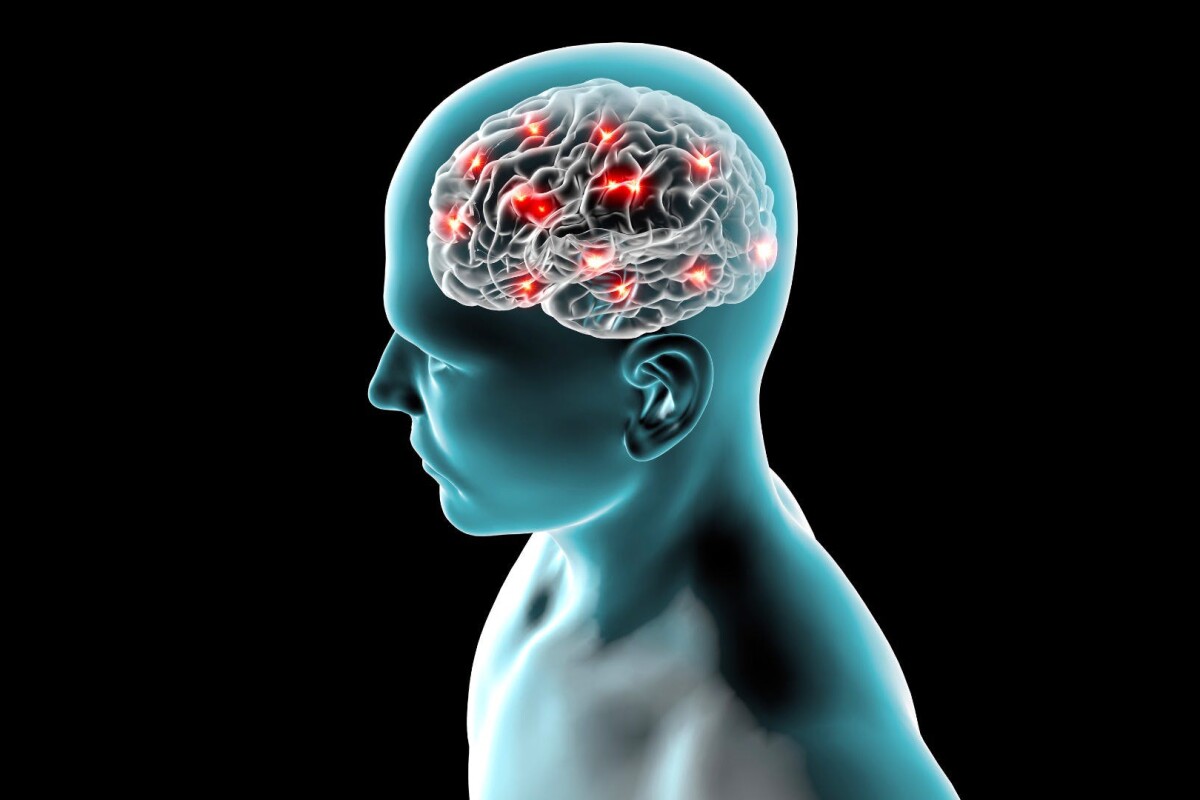Scientists believe that the underlying cause of many neurological diseases, including Alzheimer's and Parkinson's, is the buildup of misfolded protein clusters in the brain. A new antibody treatment developed by a team at the NYU School of Medicine has the potential to target a feature of these misfolded proteins shared by several different diseases, promising a possible single treatment for a variety of neurological disorders.
A number of different avenues are being researched around the world to try to figure a way to halt the process of protein misfolding, but no approach has proven effective yet. One of the challenges facing scientists is that any treatment needs to be able to distinguish when a protein is misfolding and when it is simply folding into a safe regular shape.
Each individual misfolded protein is made up of repeating structural units called monomers. As these monomers initially form larger clusters they are referred to as oligomers and in their final stage they become fibrils, clusters of thousands of monomers that ultimately snowball, and cause the negative effects seen in a given neurological disease.
The newly developed antibody is designed to target these clusters when they are at the stage of oligomer, before they cluster into a fibril size. While these toxic oligomers can be comprised of different types of proteins they all are dominated by the same "beta-sheet" amino acid structure. This means that while different misfolded protein clusters can cause different diseases, they all can be targeted by a single treatment that focuses on that particular beta-sheet structure.
In order to design a desired antibody the team started with a specific peptide found in patients with a rare genetic disease called British amyloidosis. The peptide could be converted into a stable oligomer with a similar beta-sheet structure to those toxic oligomers.
In early mouse studies this antibody was shown to effectively stimulate the immune system to produce its own rare antibodies that act against the toxic oligomers. The researchers also point out that because the antibodies are rooted in such a rare protein fragment they have very little chance of causing an immune response against normal proteins.
"This publication details the first system for making antibodies that truly target only toxic oligomers of misfolded proteins dominated by beta sheets across several diseases, and without regard to the amino acid makeup of each misfolded protein's monomer," says corresponding author Dr. Fernando Goni.
Plenty of work still needs to be done before the treatment moves toward human clinical trials, but this research excitingly points a pathway towards developing a single treatment that could fundamentally cure a huge range of neurological diseases.
The new research was published in the journal Scientific Reports.
Source: NYU Langone




